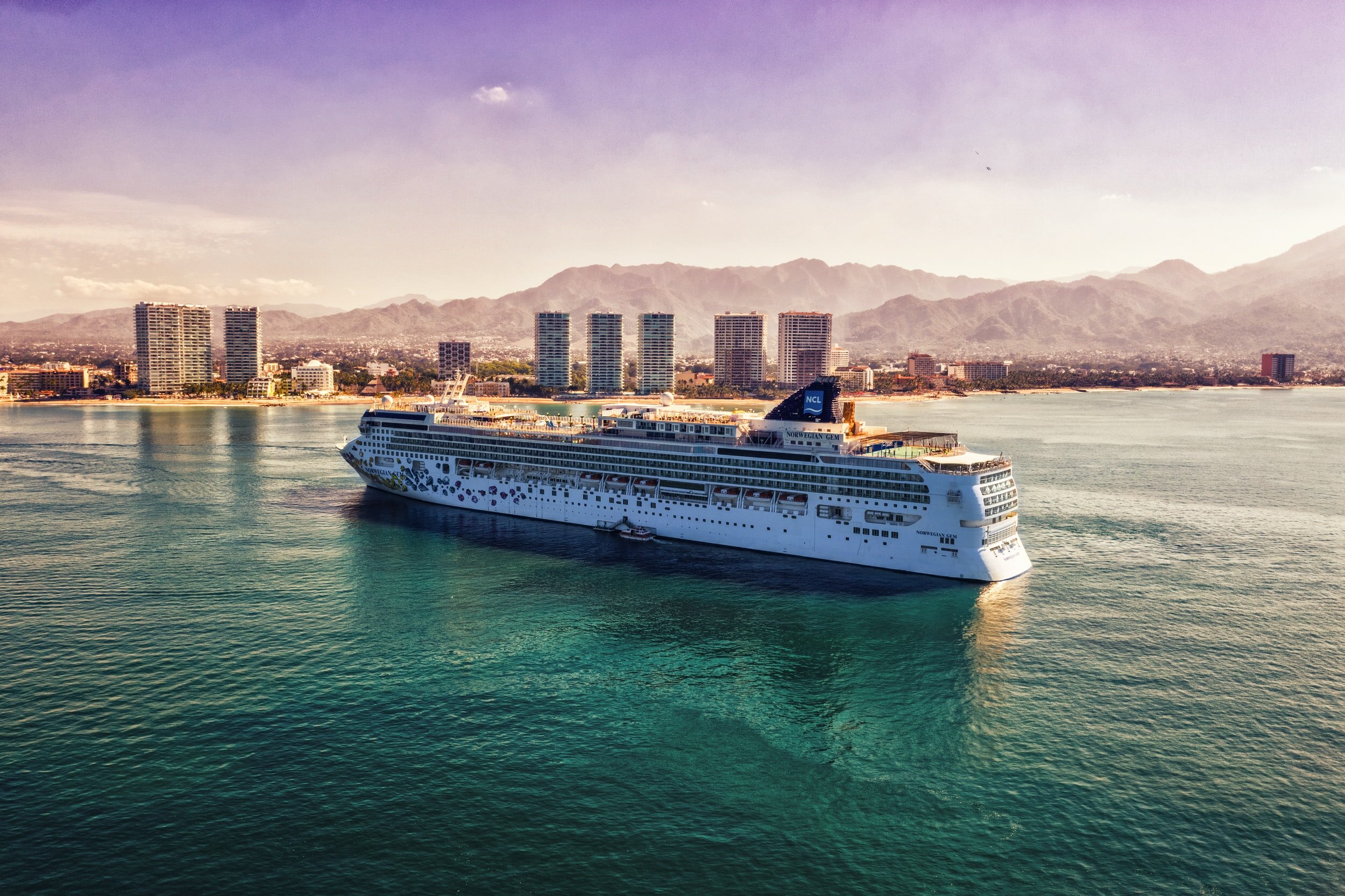
Case Summaries
Fimbank Plc v KCH Shipping Co., Ltd [2022] EWHC 2400 – 28 September 2022 (Sir William Blair)
The Tribunal held the claims against the carrier for misdelivery after cargo discharge were time-barred by Art. III r.6 of the Hague Visby Rules. The Claimant (financiers and B/L holders) argued the Rules only applied to the sea voyage, not misdelivery from storage, and that the time-bar immunity ended when the cargo was discharged. The High court dismissed the appeal (s.69) and upheld the Tribunal’s award. Most deliveries take place after discharge, and outside of carrier’s control, and it would be odd if the critical distinction for time bar purposes depended on the timing of delivery. Such an interpretation was consistent with the objective of finality and to allow a carrier to “close his books”.
Ceto Shipping Corporation v Savory Shipping Inc [2022] EWHC 2636 – 21 October 2022 (Baker J)
The demise charter contained a purchase obligation by Charterers at expiry. Title would pass automatically provided “Charterers have paid all hire… and… all management fees... due”. Charterers subsequently faced claims for management fees and crew wages, and a Singapore Court ordered the Vessel’s sale. Charterers, who disputed these claims, argued that disputed debts were not “due” and that Vessel title had passed to them. The Court disagreed; reasonable business persons would consider an amount due despite being disputed. There was nothing unfair to Charterers about a bona fide dispute depriving Charterers of the passing of title when they had failed to satisfy the conditions set out in the c/p.
Pola Logistics Ltd v GTLK Europe DAC & Ors [2022] IEHC 501 – 25 August 2022 (Sanfey J)
Pola bareboat chartered 7 vessels (with purchase options) for 10 years from D2 (Malta) to fulfil its long-term, continuing, contracts. D2 is wholly owned by D1 (Irish), in turn beneficially owned by Russian interests subject to EU and US sanctions (the latter with a 1.9.22 deadline for transactions, and both impacting on Pola). Although the C/Ps were subject to English law/ Arbitration, Pola commenced substantive proceedings in Ireland seeking (inter alia) on a summary basis, urgent specific performance of its purchase options and orders abridging the option notice periods. As Ds 1 and 2 indicated they would comply with the Irish Court’s orders, the Court granted these 3 reliefs, in particular as damages would not have been an adequate alternative to specific performance.
Omya UK Ltd v Andrews Excavations Ltd & Anor [2022] EWHC 1882 – 19 July 2022 (Mr Roger Ter Haar QC)
Omya succeeded in its claim for GBP765,094.40 and, having made a (rejected) Pt.36 offer to accept GBP756,287.05, sought enhanced interest (up to 10% above base) and indemnity costs. Despite the damages exceeding the offer by a margin of just 1.15%, the Court ruled that it was a genuine one and the usual consequences should apply. As the Court found the Defendants’ general conduct to be highly unreasonable (implausible and absurd defences and denials) it awarded indemnity costs both before and after expiry of the offer; due to the narrow margin, however, it restricted interest to 5% above base.
Oversea-Chinese Banking Corporation v Owner and/or Demise Charterer of the STI Orchard, Winson Oil Trading Pte Ltd intervening (The “STI Orchard”) [2022] SGHCR 6 – 23 May 2022
The Cargo was delivered to the buyer without the production of bills of lading. HLT became insolvent and defaulted on credit facilities provided by the Bank in which had entered into trade financing arrangements. The Bank sought summary judgement for breach on the contract of carriage and it acquired rights of suit as the lawful holder of the bills of lading. The Court held the summary judgement would be refused and the owners had arguable defences that should go to the trial; the Bank had not met the threshold of honest conduct and the defence that the bills were not spent was not arguable.
Aquavita International SA v Indagro SA [2022] EWHC 892 – 12 April 2022 (Foxton J)
The defendant cargo buyers sought a ‘preliminary injunction’ from the Brazilian Court requiring discharge of cargo, despite B/Ls being withheld for non-payment. In England, Owners claimed an anti-suit injunction (‘ASI’) in support of the B/Ls’ London Arbitration clause. Although seeking interim performance elsewhere would not necessarily constitute a breach, Owners met the ‘high probability’ threshold in showing that the order in Brazil would, in practical terms, be final, outflanking the Arbitration Clause. Similar relief could have been sought in the chosen forum and the ASI was granted.